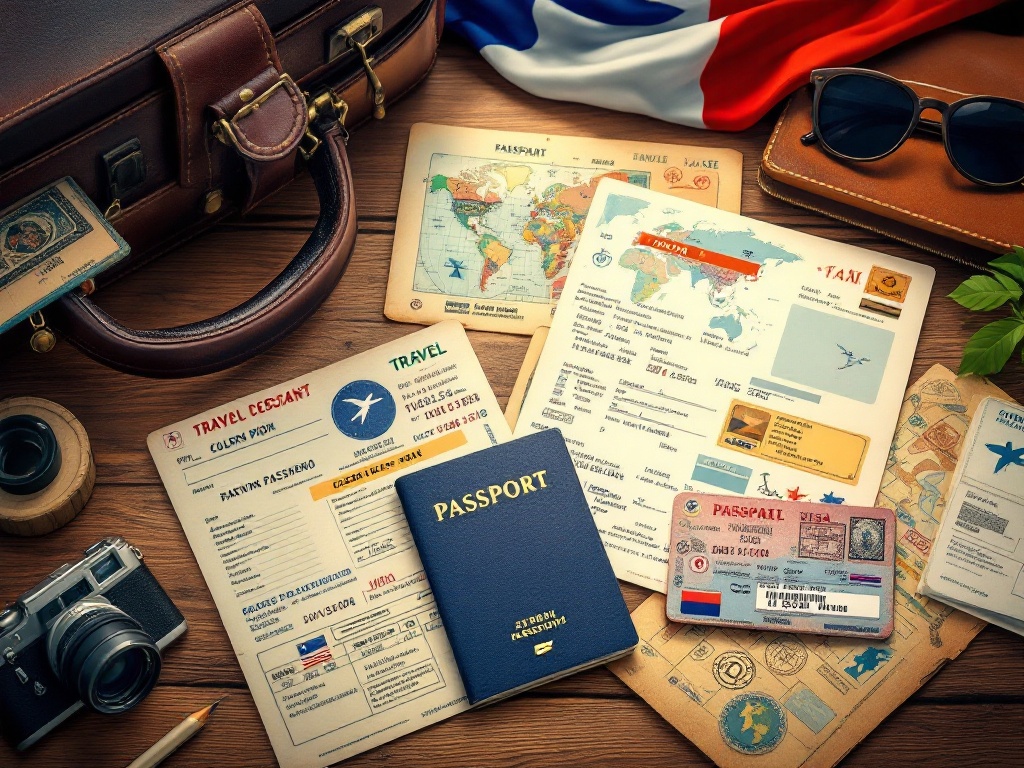
Ensuring you meet Colombia's health requirements and taking appropriate precautions will help you stay healthy during your visit. While Colombia doesn't have extensive mandatory health requirements for most travelers, there are important recommendations and considerations to keep in mind.
For most travelers from North America, Europe, and many other regions, Colombia has only one potentially required vaccination:
Required for: Travelers arriving from countries with risk of yellow fever transmission or who have transited through these countries for more than 12 hours.
Certificate validity: The International Certificate of Vaccination or Prophylaxis (ICVP) for yellow fever is valid for life, though some countries still consider it valid for only 10 years.
Timing: Vaccination should be administered at least 10 days before travel to be valid.
If you plan to visit other countries after Colombia, especially in Central or South America, you may need a yellow fever certificate. Some countries require it from travelers who have visited Colombia, even if Colombia didn't require it from you.
While not required for entry, health authorities recommend the following vaccinations for travelers to Colombia:
Ensure all routine vaccinations are up-to-date before travel.
Consult with a travel medicine specialist to determine which vaccines are appropriate for your specific itinerary.
While Colombia doesn't legally require travelers to have health insurance, it is strongly recommended:
A comprehensive travel health insurance policy should include:
Ensure your policy covers activities you plan to participate in, such as hiking, adventure sports, or visiting high-altitude locations.
Understanding the Colombian healthcare system:
COVID-19 requirements and recommendations for travel to Colombia may change. Here's the current information:
Be aware of these potential health concerns when traveling in Colombia:
Colombia has several mosquito-transmitted diseases, including:
Prevention: Use insect repellent with DEET, wear long sleeves and pants, use bed nets, and stay in accommodations with screens or air conditioning.
Bogotá sits at approximately 2,600 meters (8,530 feet) above sea level, which can cause altitude sickness in some travelers.
Symptoms: Headache, nausea, dizziness, fatigue, shortness of breath
Prevention: Acclimatize gradually, stay hydrated, avoid alcohol for the first 48 hours, consider medication like acetazolamide if recommended by your doctor.
Travelers' diarrhea and other foodborne illnesses can occur in Colombia.
Prevention:
The quality of medical facilities varies significantly across Colombia:
Bogotá, Medellín, Cali, and Cartagena have excellent private hospitals and clinics with:
Recommended private hospitals include Fundación Santa Fe and Clínica del Country in Bogotá, and Hospital Pablo Tobón Uribe in Medellín.
Medical facilities in smaller cities and rural areas may be limited:
If traveling to remote areas, research the nearest major medical facilities and ensure your insurance covers medical evacuation if needed.
Information about medications and pharmacies in Colombia:
Guidelines for safe eating and drinking in Colombia:
With proper preparation and precautions, you can enjoy a healthy and worry-free trip to Colombia.